Face Toner For Skin: Benefits, How To Apply, & When To Use
Best ways to incorporating facial toner in your daily skin care routine and maximize its benefits.
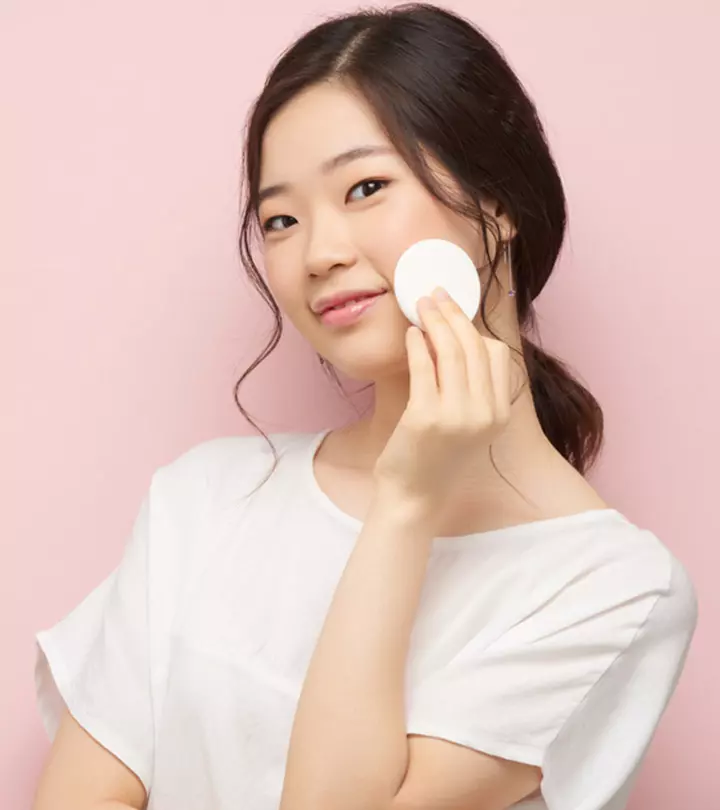
Image: Shutterstock
If you do not have the time to follow a 10-step skin care routine every day, you can stick to a basic cleansing and moisturizing routine. However, if you have noticed dullness on your face, you should include face toner for skin brightening. But, how do you apply face toner? What are the uses of face toner? And why is it necessary?
It simply takes a few minutes to apply this liquid to your face, and it offers you a beautiful glow as well as other advantages. Here are some essential things to know about toners if you are unsure about what they are or how to use them. Keep reading about the cosmetic uses of toner!
In This Article
What Is A Face Toner?
A face toner is a water-like liquid that is used between cleansing and moisturizing. A skin toner’s purpose is to remove dead cells from your skin and provide hydration. It also acts as a primer for other products.
If you are thinking, “What does toner do for your face?”, keep reading to know about the multiple benefits of face toner!
 Did you know?
Did you know?So other than deep cleansing, what does toner do for your skin? Find out the other benefits of this product below.
Key Takeaways
- Skin toner removes dead cells from your skin and provides hydration.
- It can protect your skin from acne, inflammation, and infections by removing grime, sebum, and oil.
- Skin toner with alpha and beta hydroxy acids such as lactic acid, salicylic acid, or glycolic acid is good for oily skin.
Benefits Of Face Toner
While more research is required to confirm the benefits of toners, anecdotal evidence suggests that this product can improve your skin health in many ways. Let’s see why the beauty community insists on adding toners to your daily skin care routine.
1. Reduces Visibly Large Pores
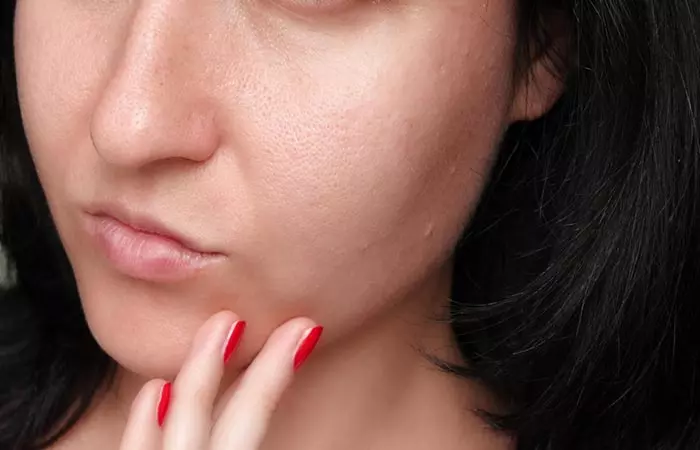
The use of toner can improve your skin texture over time, leading to smaller pores. Toners with glycolic acids act as pore minimizers and are said to be great for reducing large, prominent pores as they wipe away dirt and dead cells around a pore, thus making it less visible.
2. Increases The Efficacy Of Other Products
As stated earlier, facial toners are known to act as primers for other skin care products. The pH-balancing properties of a refreshing toner in better absorption and penetration of creams and serums. This is why it helps in improving the efficacy of your moisturizer or other products.
3. Removes Impurities
The most important benefit of a face toner is its deep cleansing properties. Toning lotion helps you remove not just excess oil or sebum but also dirt, dead skin cells, and makeup. A skin toner will wash away stubborn impurities that do not get removed by your cleanser, leaving behind a squeaky clean face.
4. Protects The Skin
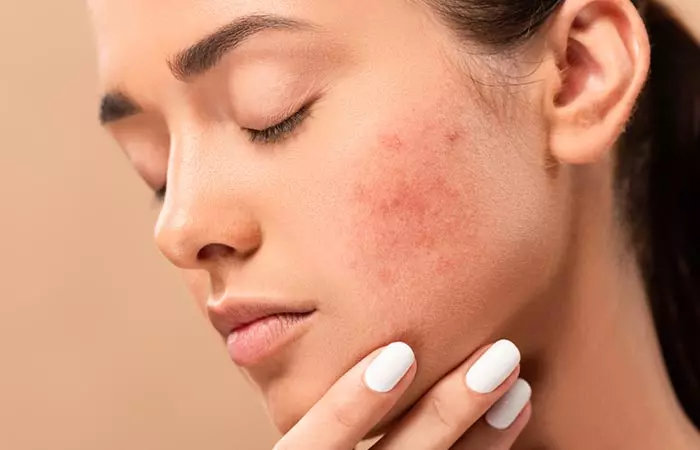
A toner can protect your skin from acne, inflammation, and infections by removing grime, sebum, and oil. Repeated use will also cause your pores to shrink and reduce the chances of impurities getting into your skin.
5. Anti-Aging Benefits
With all the above benefits combined, your skin will be healthier and show lesser signs of aging. Facial toners that contain alpha-hydroxy acids can minimize fine lines and hyperpigmentation (1). Smaller pores also give your face a more youthful look.
 StyleCraze Says
StyleCraze SaysSreeja, a skincare mentor, vlogger, and YouTuber, discusses the significance of toners and essences in her skincare routine, emphasizing hydration and skin healing properties. She says, “I feel personally for me toner really amps up the hydration level of my skin, it really gives me that healthy dewy base. I also feel that toner sort of increases the wound healing properties in my skin because most of the toners that i use, it either has cica, it has chamomile, it has all these skin healing ingredients, all these skin soothing ingredients, so I feel it makes my skin more calm, like it makes it more hydrated (i).”
Now that you know what toner does for your face, check out the next section to understand how to use toner correctly to make the most of it for your skin.
How To Apply Face Toner

For best results, soak a cotton ball with the toner of your choice and gently blot your face. This applies to all types of skin toner. If you need a quicker application, many toners come in spray bottle packaging. In that case, just spritz it all over your face. You can even used your fingers to pat it onto your face. Each method can be effective, so choose the one that feels most comfortable for your skin!
Ideally, a skin toner is applied after washing your face and before moisturizing it. However, if you want to skip the moisturizer, you can choose a gentle and hydrating skin toner that does both jobs well.
Apply any serum after toning as the product will penetrate deeper into your skin. After applying toner, your skin is also primed for makeup and will make the application smoother.
Find out how often you should use a toner in the next section.
How Often Should You Use Face Toner?
A facial toner is safe to be used almost every day. However, how often you use face toner depends on your skin type or concerns.
Generally, people with normal skin can use it daily, but other skin types may use it depending on how their skin reacts to it. As such, it is advisable to start with applying it once every alternate day to see how your skin reacts and then eventually build up the frequency to every day or twice daily.
The type of toner you use may also impact the results of the product on your skin. Therefore, make sure to choose a facial toner that suits your skin type. A soothing and hydrating toner can be safely used up to twice a day.
Let’s answer an important question.
Are Face Toners Suitable For All Skin Types?

Face toners are most beneficial to oily skin and though it is suitable for all skin types, toners should be used with caution in individuals with dry or sensitive skin. Therefore it is important to keep in mind that different skin concerns should be addressed with the correct type of toner.
Reading the ingredients label is of utmost importance while buying a face toner suitable for your skin. Here are some ingredients to look for while choosing the best skin toner for your skin type:
- Oily Skin: Choose a skin toner with alpha and beta hydroxy acids such as lactic acid, salicylic acid, or glycolic acid. These will help remove all the excess oil and dead cells from your skin. According to anecdotal evidence, they can also decrease the appearance of large pores.
- Dry Skin: Dry skin is more prone to damage by a wrong toner. Look for a toner with hyaluronic acid, which is an excellent humectant (2). This will replenish your parched skin and soothe it. Other ingredients like glycerine, aloe vera, chamomile, and cucumber are also some good options to look for. Stay away from alcohol and witch hazel if you have dry skin.
- Dull Skin: If you want to get rid of dullness, anecdotal evidence suggests choosing a face toner with natural clarifying ingredients like salicylic acid. It is gentle and will help in reducing the pore size. Vitamin C is also known to give a glow to your face.
- Sensitive Skin: A gentle toner that contains rose water, aloe vera, or chamomile can soothe sensitive skin and aid deep cleansing. Hyaluronic acid will also be a great addition as it keeps the skin hydrated.
- Acne-Prone Skin: Acne is caused mainly due to excess oil, so look for ingredients like zinc, witch hazel, or tea tree extracts. This will help in reducing excess acne breakouts, redness, and skin irritation. You can also try an apple cider vinegar toner for oily and acne-prone skin as ACV acts as a natural exfoliator, minimizing pore-clogging and oily skin and acne problems.
In addition, if you have combination skin, incorporating an alcohol-free toner into your facial care routine can be a game-changer.
Face toners are generally safe to use and work on all skin types. But, can you use this product after hair removal treatments? Read the next section to find out.
Is A Toner Safe For My Face Even After Hair Removal?
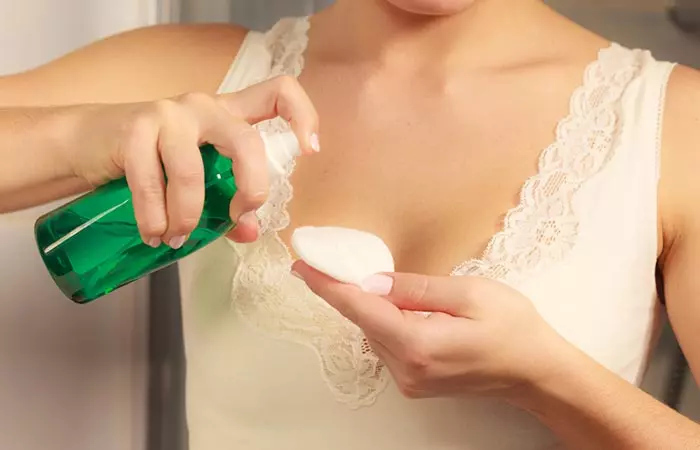
Generally, face toners are safe for application after treatments like waxing, epilating, shaving, etc. Even after hair removal procedures like laser, it is often okay to use a skin toner on your skin.
However, keep in mind that the toner must contain naturally soothing ingredients or be gentle in its formulation for post-shaving or post-laser treatment. Make sure it does not contain ingredients like retinol, alcohol, or vitamin C. These ingredients can cause irritation or penetrate deeper to cause dryness.
A facial toner best suited for post-shaving application would be witch hazel. It is a natural ingredient and will give your skin a soothing effect after shaving, especially if you have sensitive skin.
To avoid any adverse reaction, irritation, or breakouts, it is advised that you carry out a small patch test on your arm before you apply toner all over your face. If the patch test does not cause visible redness or irritation, you can safely apply it to your face.
In a toner vs, astringent comparison, you will find that both have their own benefits and purposes in skincare. Let’s explore the major difference between astringent and skin toner.
What Is The Difference Between A Toner And An Astringent?
The traditional facial toner was also known as an astringent. While it did do the same work, it was quite unpopular for the resulting dryness. The reason was the content of alcohol in this product.
An astringent is made up of solvent alcohols. These alcohol formulations are great for oily skin but over-drying for others. An astringent can be exceptionally harsh for sensitive skin, owing to its drying abilities. Examples of an astringent are rubbing alcohol, distilled vinegar, silver nitrate, etc.
On the other hand, new-age skin toners are formulated with more gentle ingredients. They contain lesser amounts of alcohol or may also come in an alcohol-free formulation, making them suitable for most skin types. A face toner is safe for everyday use, whereas an astringent can make your skin dry and flaky if used daily.
Thus, it is advisable to use an astringent for bug bites, irritation, and fungal infections. For daily use, a skin toner is a better choice.
A toner helps remove impurities and reduces visibly large pores. But how is it different from an essence? Find out in the next section.
Toner Vs. Essence
While both are popular skin care products, they serve different purposes. Toners are typically water-based liquids that remove any remaining impurities after cleansing. They also prepare the skin for better product absorption and offer additional hydration. They contain antioxidants or exfoliants that address specific skin concerns.
On the other hand, essences are lightweight but concentrated formulas that are designed to penetrate deeper skin layers to provide intense hydration and promote cell turnover. They contain potent ingredients like hyaluronic acid, glycerin, or royal jelly to promote skin renewal and improve overall skin health.
Infographic: How Toners Elevate Your Skin Care Game
Facial toners contain soothing, pH-balancing, and nourishing ingredients that offer extra hydration to your skin, minimize the appearance of pores, and do a lot more. Check out the infographic below to learn why facial toners can be absolute game-changers in your skin care routine.

Illustration: StyleCraze Design Team
For those looking to take their cleansing and moisturizing skincare routine to the next level, you should include face toner for your skin. Face toners are water-like liquid that removes dead cells and makeup and provides moisturization. Additionally, anecdotal evidence suggests that toners provide better absorption of other products, shrink large pores, and reduce fine lines. To reap the benefits of your toner, soak it in a cotton ball and gently apply it to your skin. While toners are suitable for all types, initially use every alternate day before increasing the frequency to every day.
Frequently Asked Questions
Can toners replace moisturizers?
No, toners cannot replace moisturizers. Toners help balance your skin and remove dirt. On the other hand, moisturizers keep your skin hydrated and lock in moisture. Both work together to keep your skin healthy.
How do I choose the right toner for my skin type?
To choose the right toner, consider your skin type. If you have oily or acne-prone skin, look for a toner with ingredients like salicylic acid to help control oil. For dry skin, choose a hydrating toner with soothing ingredients like aloe or glycerin. If you have sensitive skin, pick a gentle, alcohol-free toner to avoid irritation.
Is rose water a toner?
Yes. Rose water is a natural toner that has been used for centuries. It is made by distilling rose petals with steam.
Is aloe vera gel a toner?
You can use aloe vera gel as a toner. Mix one part of aloe vera gel with two parts of water to prepare a DIY aloe toner.
Should I use a toner in the morning?
Yes, you can – though you also can use a toner at any time of the day. Apply it to your face immediately after using a face wash.
Can I use toner on my lips?
Yes. You can use toner on your lips. This helps get rid of dead skin cells and flakiness on your lips.
Which is better: toner or moisturizer?
Moisturizer is the most important skin care product to use regardless of skin type. Also, it has many benefits over a toner as it offers skin hydration, helps replenish your skin, and gets absorbed fast.
Illustration: Face Toner For Skin: Benefits How To Apply & When To Use
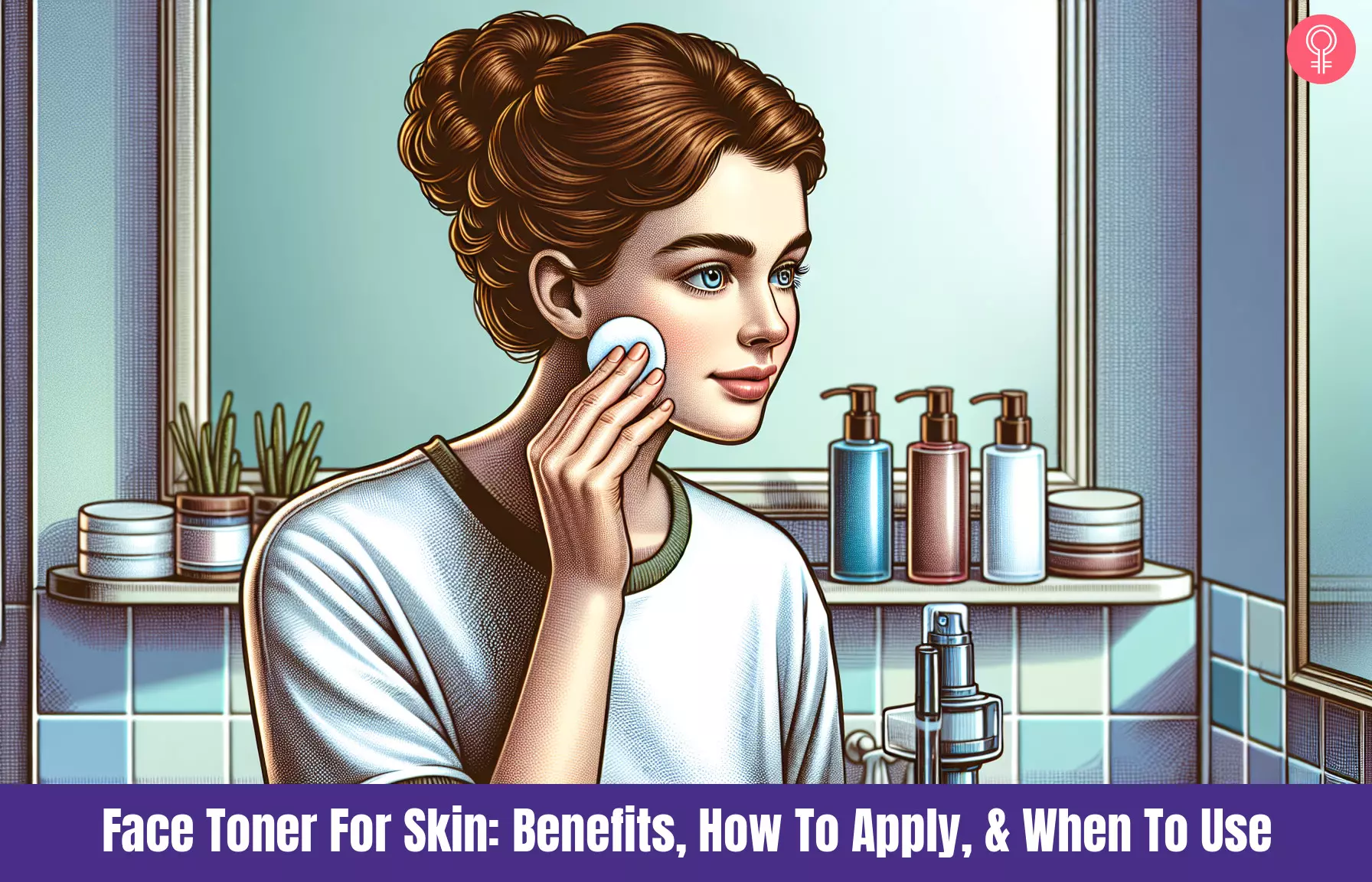
Image: Dall·E/StyleCraze Design Team
Learn how to use facial toner to keep your skin looking healthy and glowing. Check out this video to get useful tips on the best products and techniques.
Personal Experience: Source
StyleCraze's articles are interwoven with authentic personal narratives that provide depth and resonance to our content. Below are the sources of the personal accounts referenced in this article.
i. Why Toner Is A Must In My Personal Skincare Routine?https://www.youtube.com/watch?v=wp_W-VNpGr0
References
Articles on StyleCraze are backed by verified information from peer-reviewed and academic research papers, reputed organizations, research institutions, and medical associations to ensure accuracy and relevance. Read our editorial policy to learn more.
- Hydroxy Acids the Most Widely Used Anti-aging Agents
https://www.ncbi.nlm.nih.gov/pmc/articles/PMC3941867/ - Hyaluronic acid: A key molecule in skin aging
https://www.ncbi.nlm.nih.gov/pmc/articles/PMC3583886/
Read full bio of Dr. Nermeen Bedair
Read full bio of Arshiya Syeda
Read full bio of Ramona Sinha
Read full bio of Shiboli Chakraborti










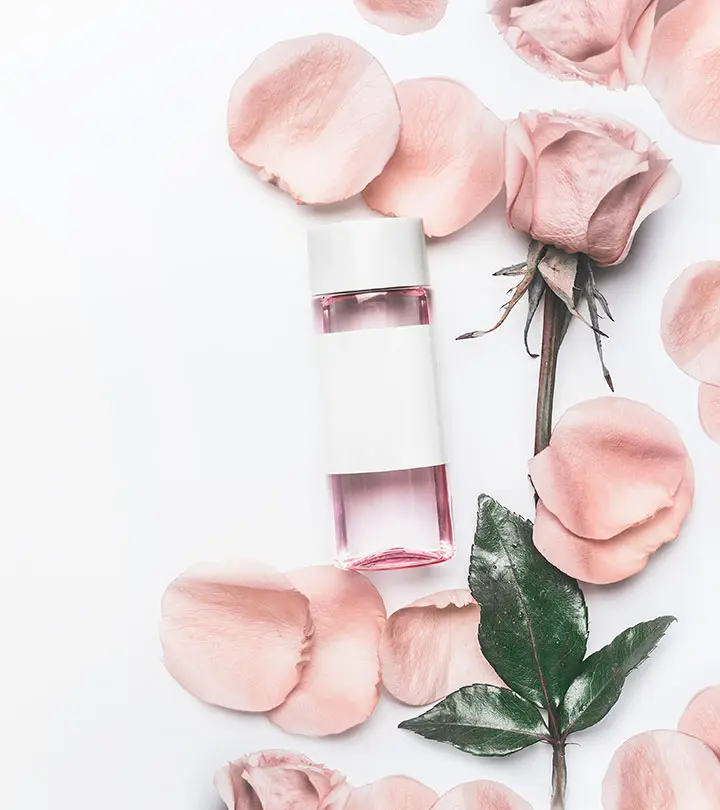


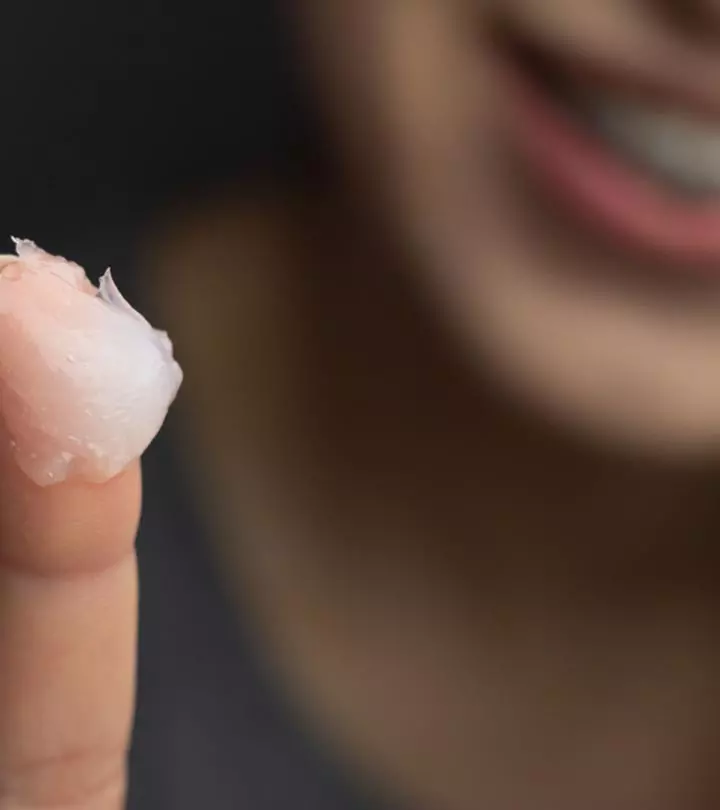
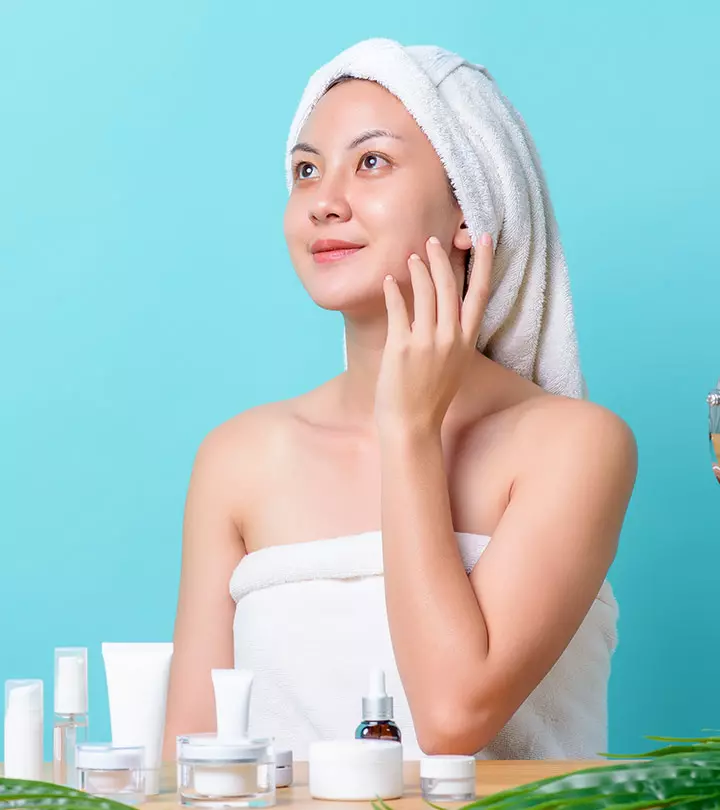
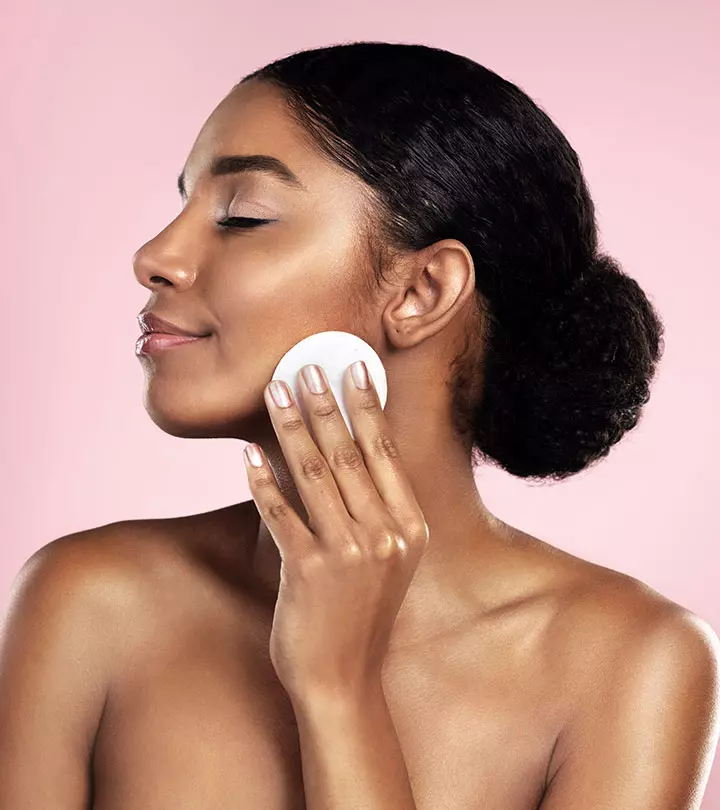
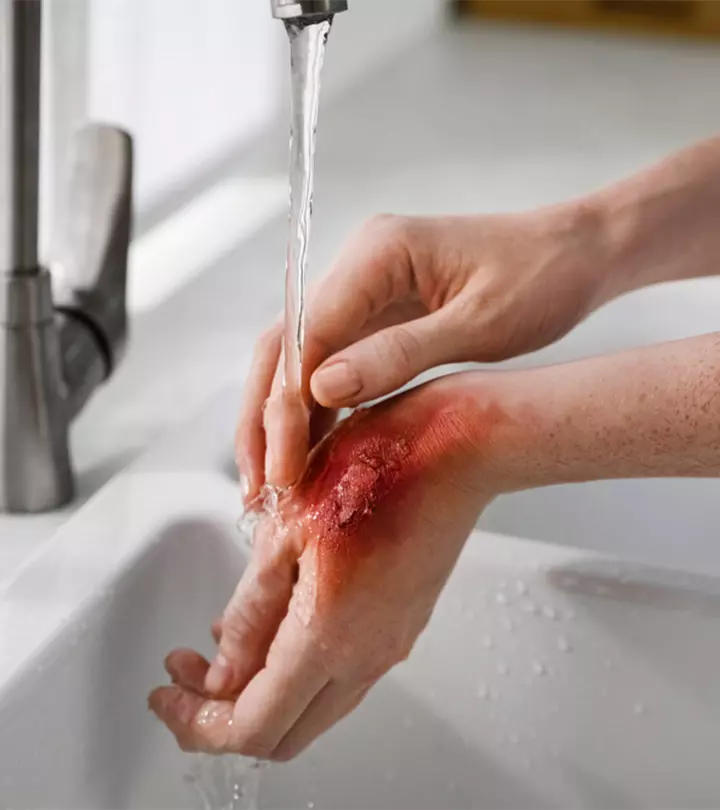
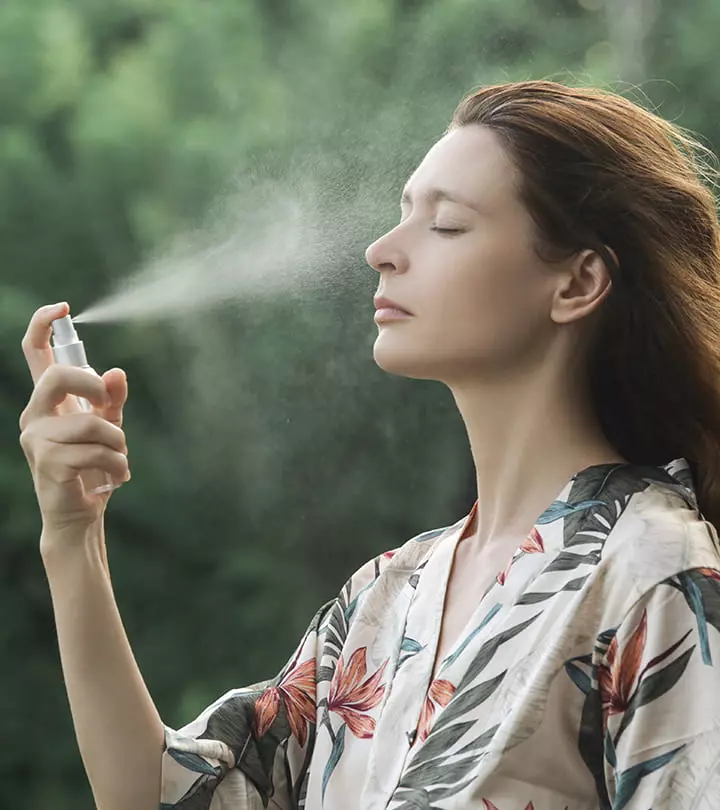
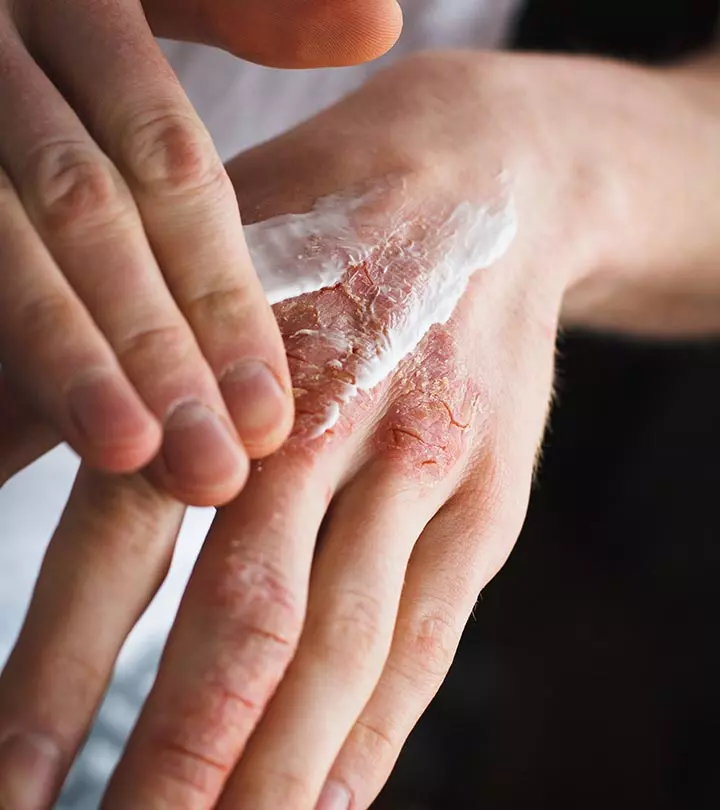
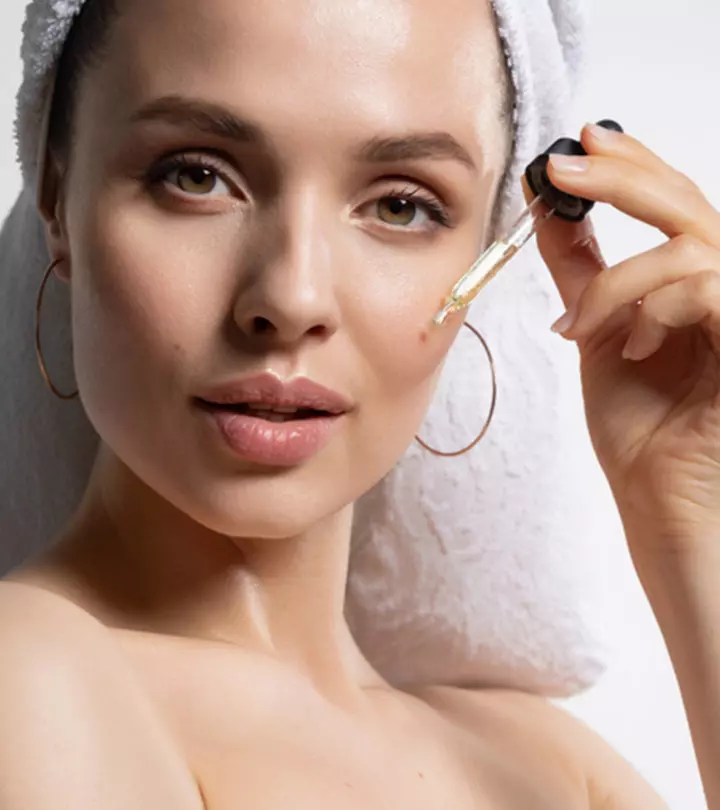
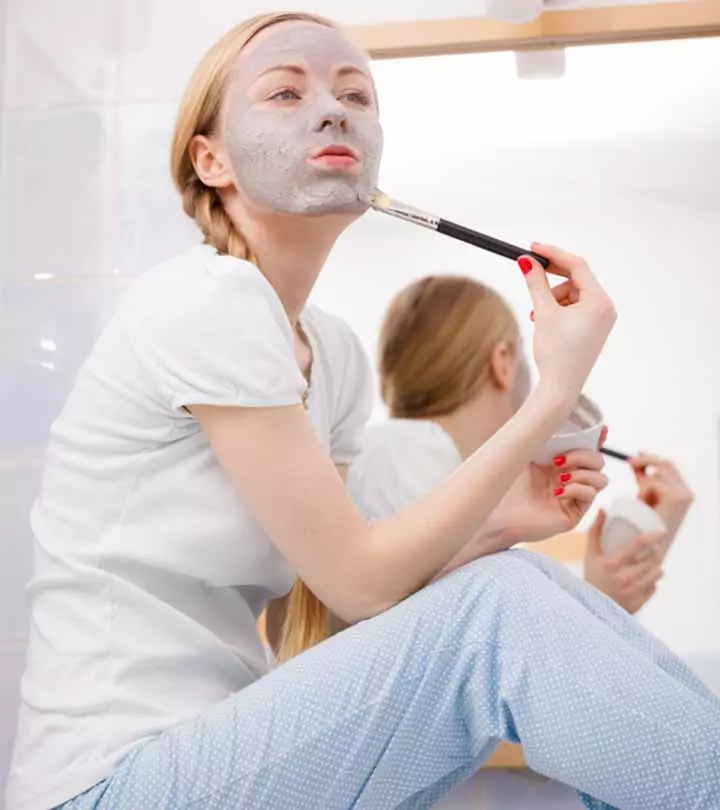

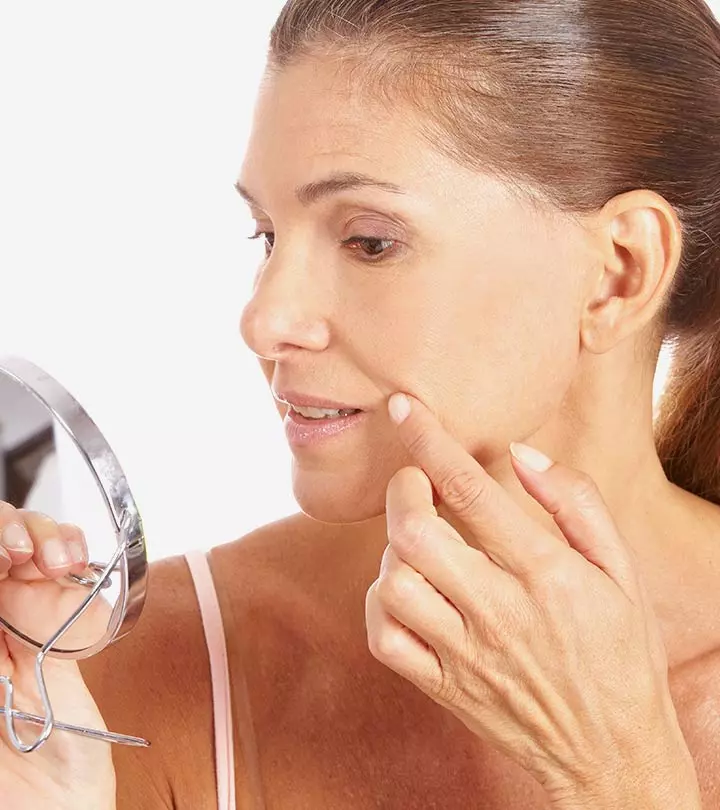
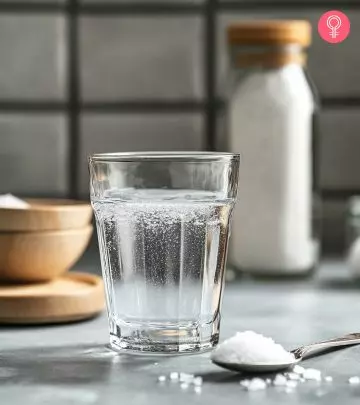
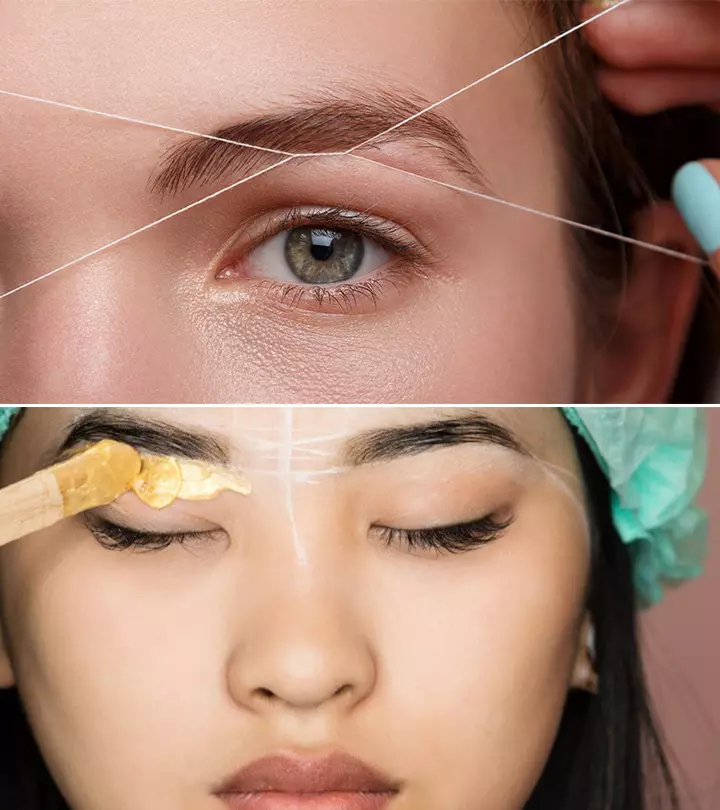
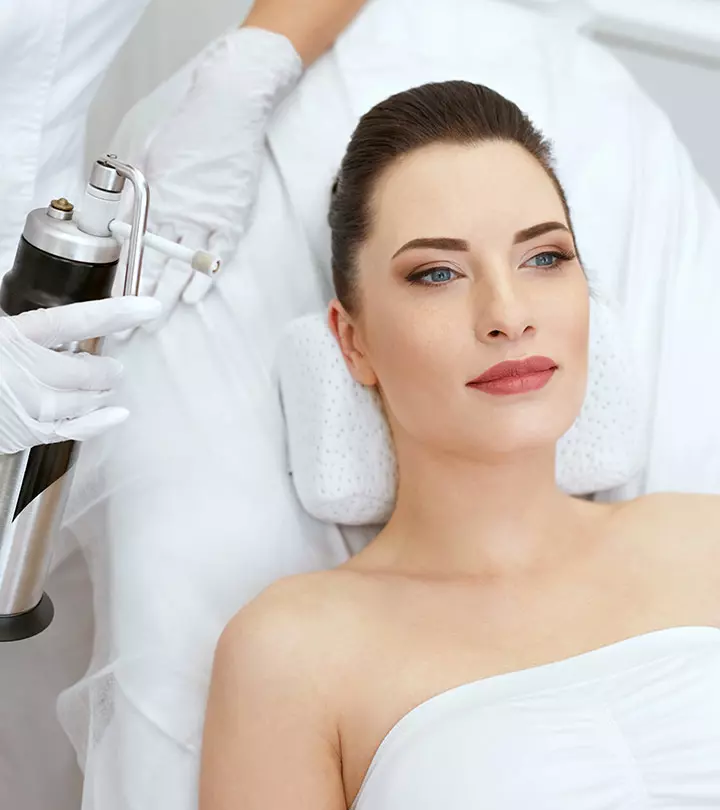
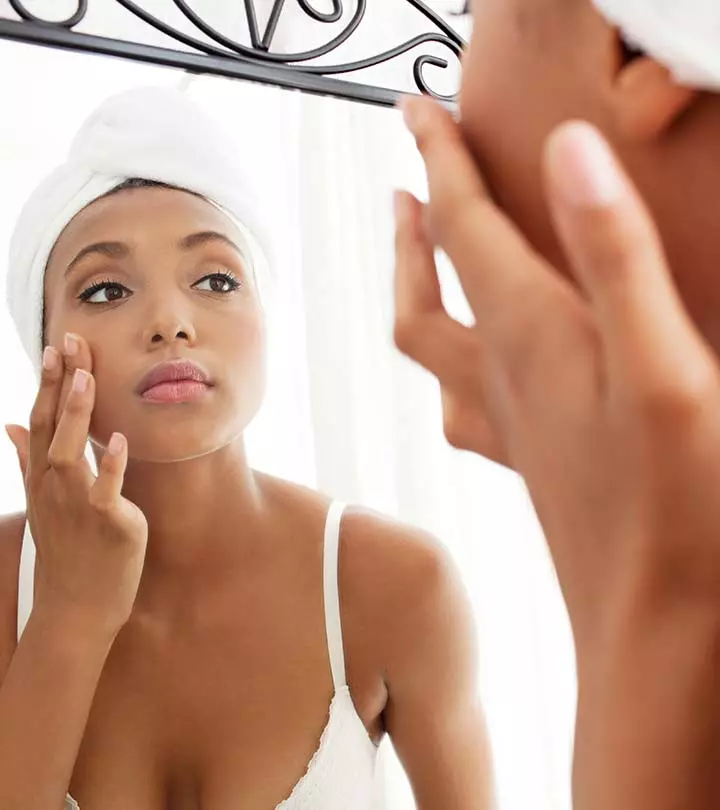
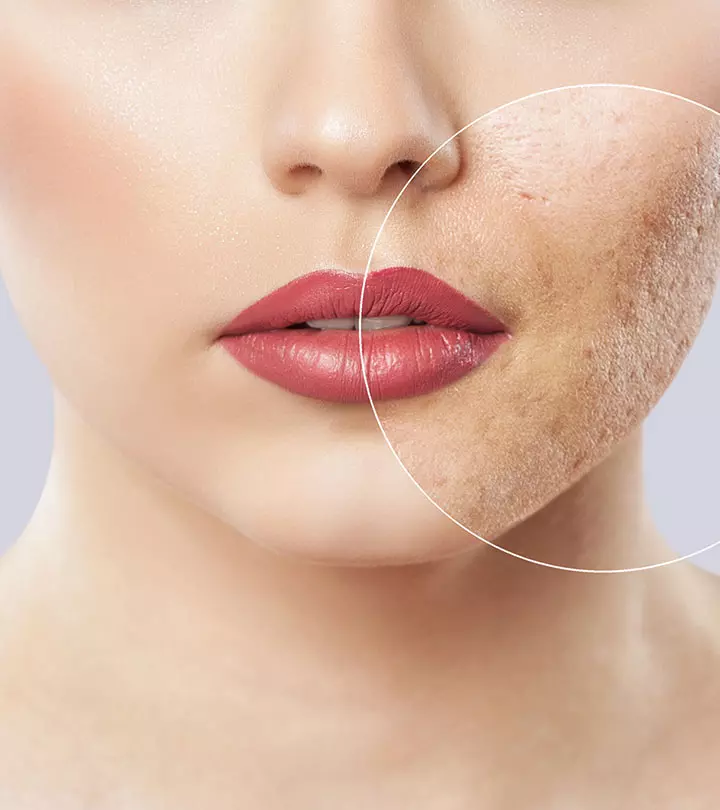
Community Experiences
Join the conversation and become a part of our empowering community! Share your stories, experiences, and insights to connect with other beauty, lifestyle, and health enthusiasts.